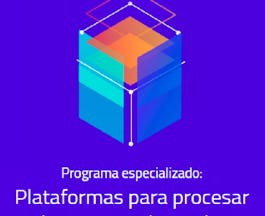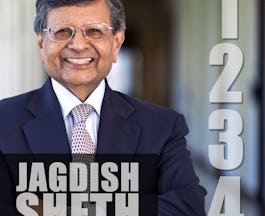Filter by
The language used throughout the course, in both instruction and assessments.
1,113 results for "theology"

Universidad de los Andes
Skills you'll gain: Leadership and Management, Strategy, Business Analysis, Communication, Strategy and Operations, Data Analysis, Databases, Data Management, Business Communication, Decision Making, Design and Product, Entrepreneurship, Organizational Development, Data Analysis Software, Performance Management

Fundação Instituto de Administração
Skills you'll gain: Leadership and Management, Strategy, Communication, Business Analysis, Strategy and Operations, Calculus, Data Analysis

University System of Georgia

Skills you'll gain: Strategy, Leadership and Management, Communication, Business Analysis, Databases, Data Management, Database Administration, Network Security, Strategy and Operations, Design and Product, Market Analysis, Microsoft Excel, Media Strategy & Planning
In summary, here are 10 of our most popular theology courses
- Plataformas para procesar datos no tradicionales: Universidad de los Andes
- Fundamentos da Gestão do Sucesso do Cliente: Fundação Instituto de Administração
- Creating a Differential Competitive Advantage -Jagdish Sheth: University System of Georgia
- Serverless Data Processing with Dataflow en Español: Google Cloud










